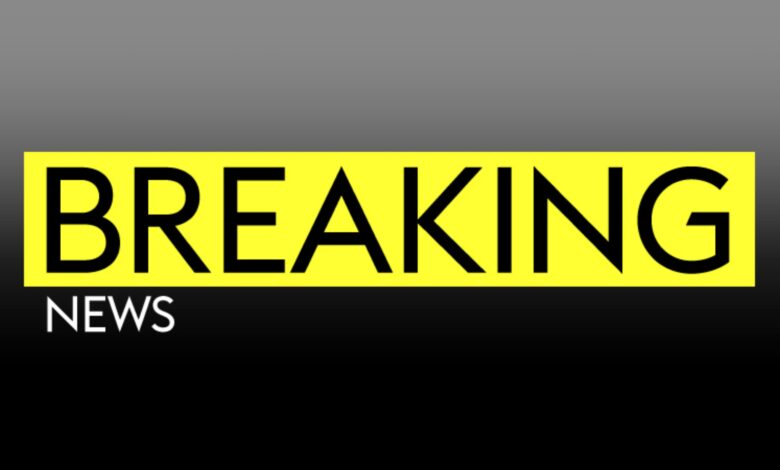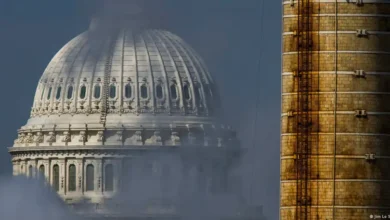
Sounds of multiple explosions echoed across the skies of Qatar’s capital, Doha, today evening, amid mounting regional tensions after Tehran vowed to retaliate against U.S. airstrikes on its nuclear facilities.
Witnesses reported hearing several loud blasts and seeing what appeared to be missile trails streaking across the night sky. The explosions were heard in central Doha and the northern city of Lusail, according to both Reuters and AFP correspondents on the ground.
Qatar’s airspace was abruptly closed earlier in the day due to “regional developments,” authorities said, as Iran threatened a firm response to the U.S. strikes that hit three of its nuclear sites early Sunday. The closure and the blasts have stoked fears that the widening conflict between Iran and the United States—and increasingly Israel—could spill deeper into the Gulf region.
A Reuters witness in Doha reported hearing successive explosions over the city, while AFP journalists confirmed the sounds of blasts and visual sightings of projectiles overhead. Though there has been no official confirmation from Qatari authorities about the origin of the explosions, tensions are at their highest in years.
Shortly before the blasts, Iranian President Masoud Pezeshkian posted a statement on X: “We neither initiated the war nor seek it. But we will not leave an invasion of great Iran unanswered.”
The apparent retaliation by Iran follows Israel’s expanded military campaign inside Iran earlier Monday, which included a strike near the notorious Evin Prison in Tehran and an assault on the headquarters of the Basij militia, a paramilitary force accused of suppressing domestic dissent. Thick smoke was seen rising from the Iranian capital, and the government has imposed widespread internet shutdowns.
In addition, Israeli cities were bombarded by a new wave of Iranian missiles and drones, part of a persistent exchange that has marked the conflict since its eruption nearly two weeks ago. Israel claimed its latest strikes targeted “regime elements and repression forces” but reiterated that it is not seeking regime change in Iran.
The situation intensified dramatically after U.S. President Donald Trump authorized a surprise stealth bomber raid that struck Iranian nuclear infrastructure over the weekend—an unprecedented American military action inside Iran. Trump’s move has drawn both condemnation and concern internationally, with many warning of uncontrolled escalation in the Middle East.
Qatar, while maintaining close relations with Washington and hosting the Al Udeid Air Base—home to U.S. Central Command’s forward operations—also enjoys stable diplomatic ties with Tehran. The two nations jointly manage the world’s largest offshore gas field.
With airspace closed, civilians alarmed, and uncertainty looming, regional powers are bracing for what may come next in a rapidly deteriorating geopolitical crisis.












